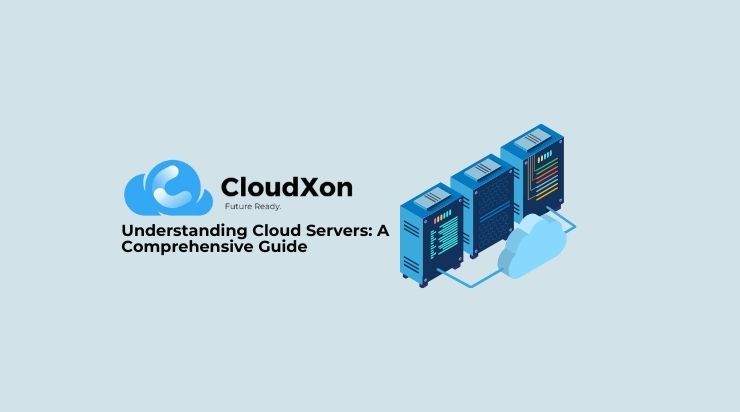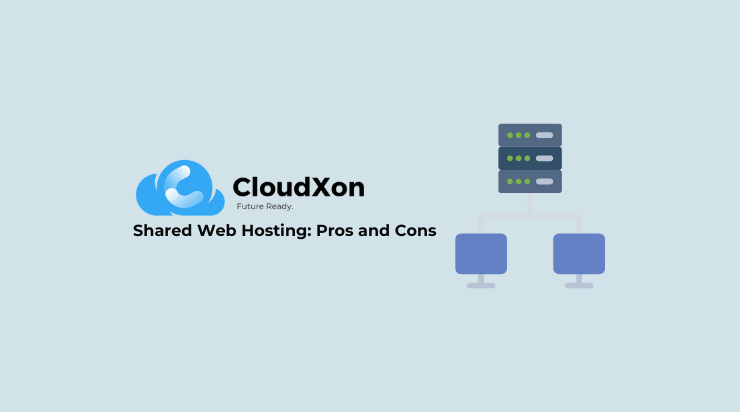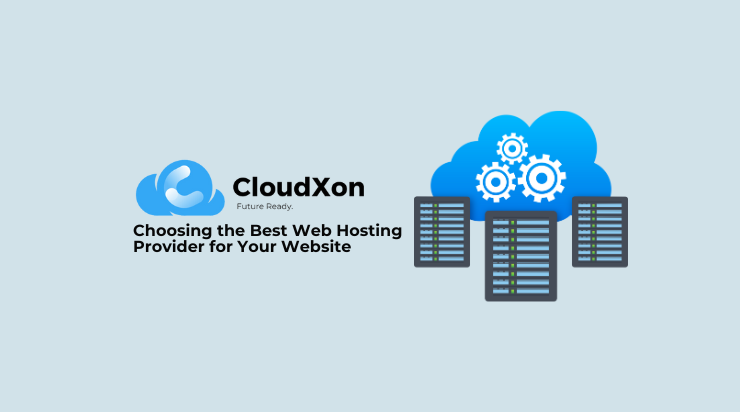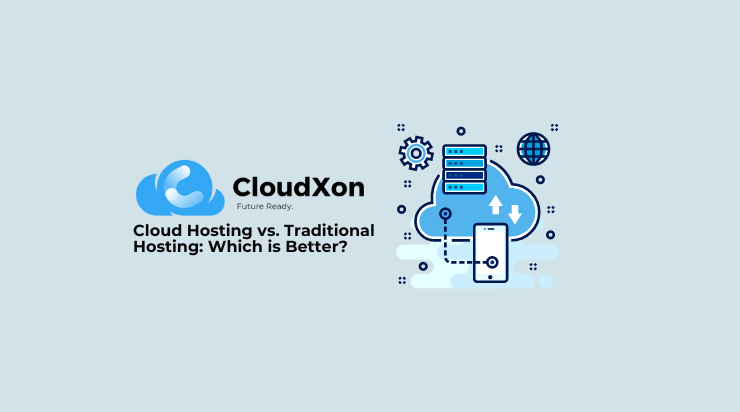In today’s digital era, cloud servers have revolutionized the way businesses manage their IT infrastructure. They offer a flexible, scalable, and cost-effective solution for hosting applications, storing data, and managing workloads. This comprehensive guide will delve into the intricacies of cloud servers, explaining their functions, benefits, types, and how to choose the right one for your needs.
What are Cloud Servers?
Cloud servers are virtual servers that run in a cloud computing environment. Unlike traditional physical servers, cloud servers are created, managed, and maintained by cloud service providers and delivered over the internet. They provide the same functionalities as physical servers but with added benefits of scalability, flexibility, and cost efficiency.
Key Characteristics of Cloud Servers
Cloud servers are virtual machines that run on physical servers through hypervisors. This virtualization allows multiple virtual servers to operate on a single physical server, optimizing resource usage.
Cloud servers provide computing resources such as CPU, memory, storage, and network bandwidth on an as-needed basis, allowing users to scale resources up or down based on demand.
Multiple users or tenants can share the same physical infrastructure while keeping their data isolated and secure. This multi-tenancy model improves resource utilization and reduces costs.
Cloud servers can be deployed in multiple data centers across different geographic locations, ensuring high availability and disaster recovery.
Benefits of Cloud Servers
- Scalability: Cloud servers can easily scale resources to accommodate varying workloads, making them ideal for businesses with fluctuating demands.
- Cost Efficiency: With a pay-as-you-go pricing model, businesses only pay for the resources they use, avoiding the high upfront costs associated with physical servers.
- Flexibility: Cloud servers can be configured and reconfigured quickly to meet specific requirements, allowing for rapid deployment and iteration.
- High Availability: Leading cloud providers offer robust uptime guarantees, ensuring that applications and services remain accessible and reliable.
- Security: Cloud service providers implement advanced security measures, including encryption, firewalls, and compliance certifications, to protect data and applications.
Types of Cloud Servers
- Public Cloud Servers: These servers are hosted by third-party cloud providers and delivered over the internet. Public cloud servers are cost-effective and highly scalable, making them suitable for a wide range of applications.
- Private Cloud Servers: Dedicated to a single organization, private cloud servers offer greater control and security. They can be hosted on-premises or by a third-party provider.
- Hybrid Cloud Servers: Combining public and private cloud resources, hybrid cloud servers offer a balance of scalability, cost efficiency, and security. They allow businesses to run sensitive workloads in the private cloud while leveraging the public cloud for less critical tasks.
- Multi-Cloud Servers: This approach involves using multiple cloud services from different providers. It helps avoid vendor lock-in and optimizes performance and cost by leveraging the strengths of each provider.
How to Choose the Right Cloud Server
- Assess Your Needs: Determine your specific requirements, including computing power, storage capacity, and network bandwidth. Consider the nature of your workloads and any compliance or security needs.
- Evaluate Providers: Research cloud service providers, comparing their features, pricing, performance, and support. Look for providers with a proven track record and robust security measures.
- Consider Scalability: Ensure the provider can scale resources seamlessly to meet your growing demands. Check for features like auto-scaling and load balancing.
- Examine Costs: Compare the cost structures of different providers, including any hidden fees. Consider both upfront and long-term costs, and evaluate the overall value for your investment.
- Review Security and Compliance: Ensure the provider complies with relevant industry standards and regulations. Look for features like data encryption, access controls, and regular security audits.
- Test Performance: Many providers offer free trials or test environments. Use these to evaluate the performance and reliability of the cloud servers before making a commitment.
Conclusion
Cloud servers are an essential component of modern IT infrastructure, offering unmatched flexibility, scalability, and cost-efficiency. Understanding their characteristics, benefits, and types will help you make informed decisions to optimize your business operations. By carefully evaluating your needs and the offerings of different providers, you can select the right cloud server solution to drive innovation and growth.
Whether you’re a small business looking to streamline your IT resources or a large enterprise aiming to enhance your infrastructure, cloud servers provide a versatile and powerful platform to achieve your goals. Stay ahead of the curve by embracing cloud technology and reaping the benefits of a dynamic and scalable computing environment.
Discover Your Ideal Hosting Solution with CloudXon
Ready to choose your hosting plan? Contact us today to discuss your hosting requirements and find the perfect solution for your website.




